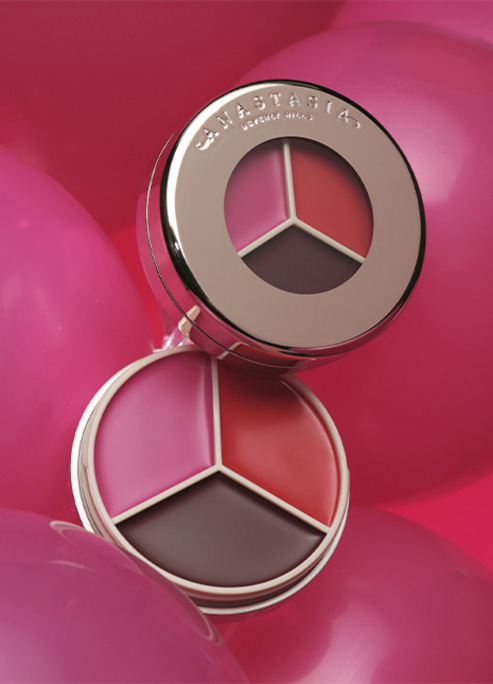The Impact of Makeup Wipes on Your Skin
Are they harming your complexion?
In the pursuit of flawless beauty, the convenience of makeup wipes has become a staple in many skincare routines. However, the hidden consequences of these seemingly handy essentials on your skin deserve a closer look.
I will dive into the truth behind the impact your makeup wipes have on your complexion, unraveling the potential harm they may be causing beneath the surface.
Are these convenient wipes compromising the health of your skin? Join me as we uncover the facts and shed light on whether makeup wipes are silently contributing to damage, empowering you to make informed choices for a healthier, more radiant complexion.
The truth is, yes, makeup wipes are bad for your skin. They come with many harsh consequences for your skin, including irritation and sensitivity. Makeup wipes often contain chemicals and preservatives that can cause irritation and sensitivity, especially for those with delicate or reactive skin. This ends up causing your skin to break out or become very red.
Unlike methods involving water and emulsifying agents, they leave behind a residue that includes makeup remnants and wipe ingredients like oils and preservatives. This residue may linger, creating a breeding ground for bacteria and clogged pores. Incomplete removal compromises the skin's ability to breathe and renew, potentially leading to various skin issues.
The failure to effectively unclog pores may contribute to debris and sebum accumulation, increasing the risk of breakouts. Although makeup wipes provide a superficial sense of cleanliness, their lingering residue undermines overall skin health. To address this, incorporating a comprehensive cleansing routine with a gentle cleanser or micellar water ensures a deeper clean, helping maintain clear pores and reducing the risk of skin issues for a healthier, more radiant complexion.
The frequent mechanical stress of using makeup wipes, involving pressure and friction for effective cleansing, can lead to adverse effects on the skin over time. This repetitive tugging weakens collagen and elastin fibers, essential for skin firmness and elasticity. The result may include premature aging with fine lines, wrinkles, and sagging, particularly in delicate areas like around the eyes. The skin's natural elasticity is compromised with continual pulling, hindering its ability to bounce back and contributing to a loss of tightness.
To prevent these negative effects, opting for gentler makeup removal methods, such as using a mild cleanser or micellar water with a soft cloth or cotton pad, is recommended.
Certain makeup wipes may harbor harsh ingredients that pose potential risks to your skin's health. One known culprit is alcohol, a common component in some wipes. While alcohol is often included for its quick-drying properties, it can have bad effects on your skin. Alcohol is known to be an astringent, meaning it can strip away natural oils from the skin's surface. While removing excess oils is essential for maintaining a balanced complexion, the excessive use of alcohol-laden wipes can disrupt the delicate balance, leading to a loss of essential oils. This, in turn, can result in skin dryness and dehydration.
Dehydrated skin lacks the necessary moisture to function optimally. It may manifest as tightness, flakiness, and discomfort. Stripping away natural oils also compromises the skin's protective barrier, making it more susceptible to environmental pollutants and irritants.
Moreover, don't use makeup wipes containing harsh ingredients like alcohol as they can contribute to chronic dryness, potentially exacerbating skin conditions such as eczema or psoriasis. For individuals with sensitive skin, the abrasive nature of alcohol can lead to redness, irritation, and inflammation.
Those are my main reasons why they are bad for the skin, yet there are a few additional facts you should be aware of:
Chemical Preservatives: The preservatives in makeup wipes, designed to extend their shelf life, may be irritating to the skin and can contribute to allergic reactions.
Environmental Impact: Many makeup wipes are single-use and contribute to environmental pollution, as they are often made of non-biodegradable materials.
Risk of Breakouts: Residue left on the skin by makeup wipes can clog pores and contribute to the development of acne and blackheads.
Not Eco-Friendly: Disposable makeup wipes generate a significant amount of waste, contributing to environmental issues, as they are typically made from materials that do not break down easily.
Cost Inefficiency: Regular use of makeup wipes can become expensive over time compared to alternative, more sustainable skincare options.
Less Effective for Waterproof Makeup: Makeup wipes may struggle to effectively remove waterproof or long-wearing makeup, requiring additional effort and potentially causing more skin irritation.












